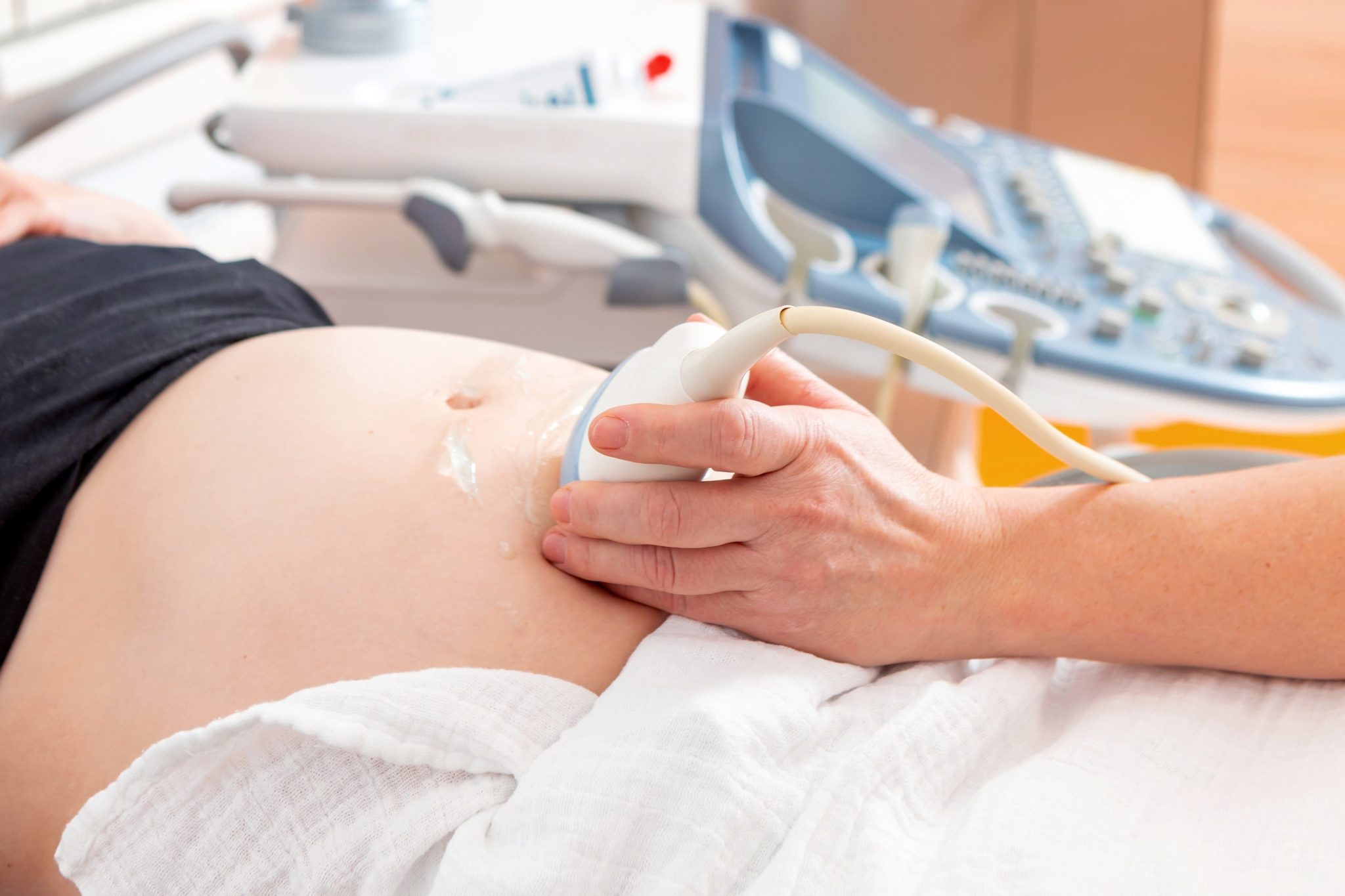Conversations about women's health are becoming more mainstream yet reports of women being misdiagnosed and poorly treated by doctors continue.
There has been a groundswell of voices online as women share their stories on births, pregnancy loss, menopause and fertility.
Dr Laura Durcan, a Consultant at Beaumont Hospital, hopes that medicine is moving on from normalising symptoms that are disabling for women.
Speaking to Aideen Finnegan on Newstalk Breakfast Weekends, she said all medical professionals should undertake some introspection on whether they are delivering patient-centric care.
An intrinsic part of women's health is maternity care, and Dr Durcan said the situation in Ireland stands in contrast to other countries, such as the US.
"You can't look at women's health without looking at maternity services because we're the only people who go to have babies," she said.
"It really does show medical standards that are at odds with international clinical practice.
"We look at old buildings, poor infrastructure, where medical staff have been doing work around for decades to maintain the standards of care we have.
"I did maternal medicine as part of my fellowship in the United States and when I got asked to go to the labour ward or the maternity unit, I walked up the corridor to see those women who have rheumatic diseases in pregnancy.
 File photo. Credit: PA
File photo. Credit: PA"Whereas here, it's an absolutely enormous palaver to sort out combined care for women with complicated medical diseases because the maternity units are standalone.
"If you're pregnant and you need a CT scan in one of these hospitals, you have to be transferred by ambulance to hospital to get your scan.
"What's really important is that women get good care and these places are facilities where we can have what is standard care by international norms."
'I wasn't given any advice'
Also on the programme was Linnea Dunne who has given birth in both the UK and Ireland and says there are positives and negatives to both experiences.
She said the dynamic with health professionals changes after giving birth, as the focus goes from being on the wellbeing of the mother to the baby.
The birth of her first child in the UK was a traumatic delivery and Ms Dunne was left with a birth injury that she will have to live with for the rest of her life.
She had reconstructive surgery and subsequently gave birth to her second child in Ireland, but it was only years later when she started running again that "things got really bad" with her prior birth injury.
"Even then, I went to the GP here in Ireland and it was if I was just annoying her with this problem, that she had to do an internal examination and she just wanted me to get out of there," Ms Dunne said.
"She looked at me and confirmed that I had a prolapse and said, 'There's nothing on the public system unless you want to wait a year and a half'.
"I was sent off with very little support and I was quite put off by it and upset and I felt lonely and let down because I felt this was something I barely knew existed and I wasn't given any advice on how to deal with it."
Dr Durcan said that if men had to experience a medical condition like Ms Dunne's, it would be classed as an emergency situation.
"What Linnea is describing is an internal organ falling out, that's what uterine prolapse is or any form of prolapse, it's an organ falling out," she stated.
"I really hate to say it but if you had a man with part of his body falling out of him, I think it would constitute a medical emergency, I don't think anyone would say to you, 'You need to go back and wait for gynaecology, it's going to be 18 months'.
"When you suffer that and what actually happens, you can't run, you can't walk, you can't do anything, the fact that people will then wait for care before any intervention is just absolutely horrendous and it really is something as a country that we need to look at.
She added: "There aren't enough gynaey consultants to roll through the waiting lists, we definitely need to get people on board so that can be dealt with.
"We shouldn't have young, fit healthy women going around with chronic diseases like endometriosis or like uterine prolapse or any of those conditions.
"That is not acceptable, it's insanity, it's a form of torture."









